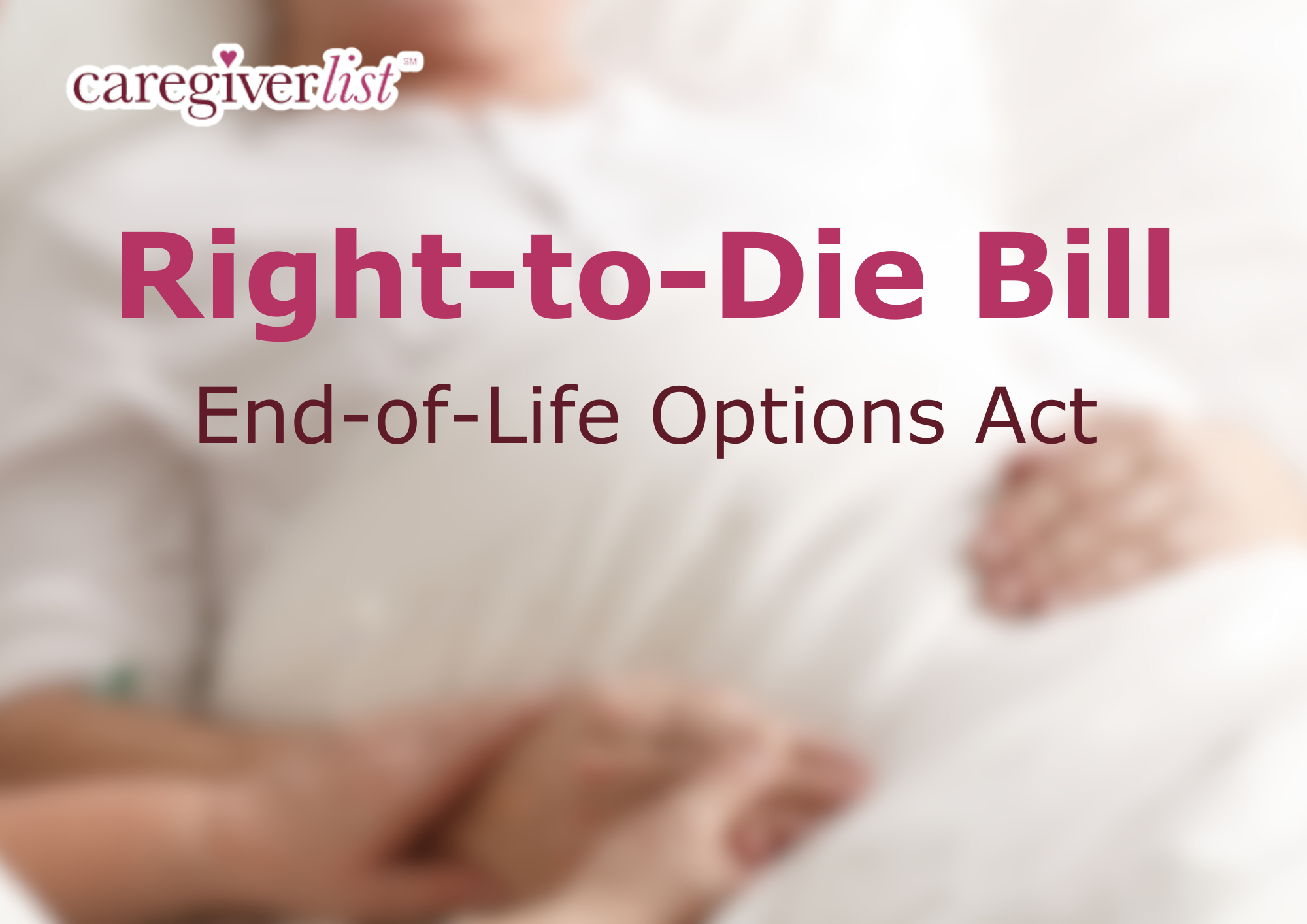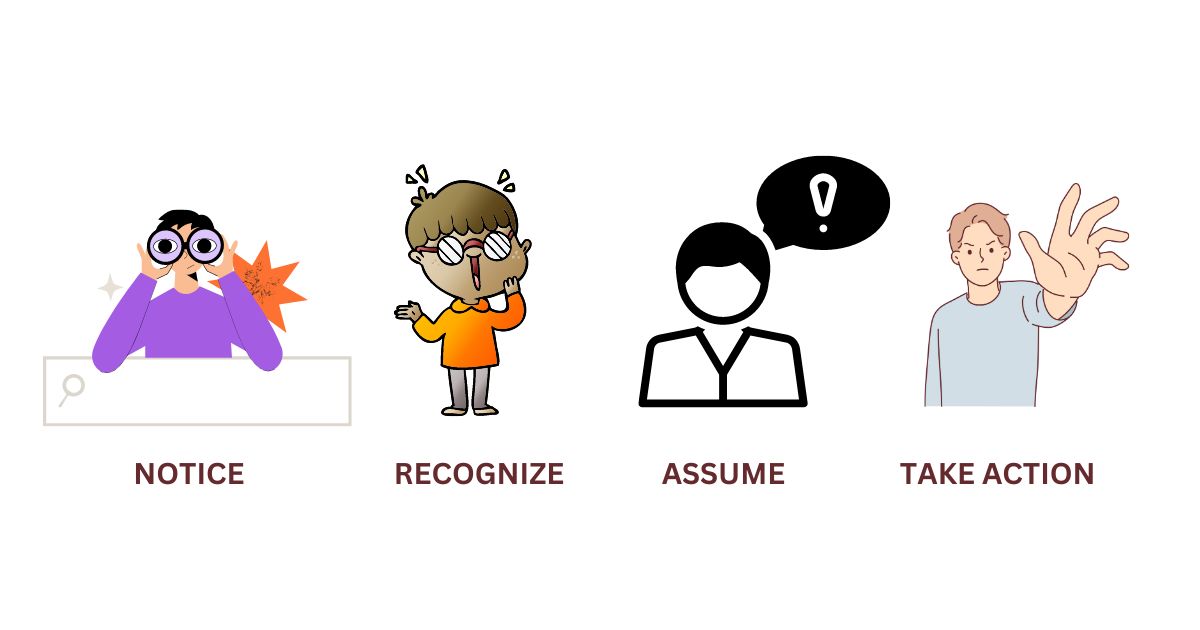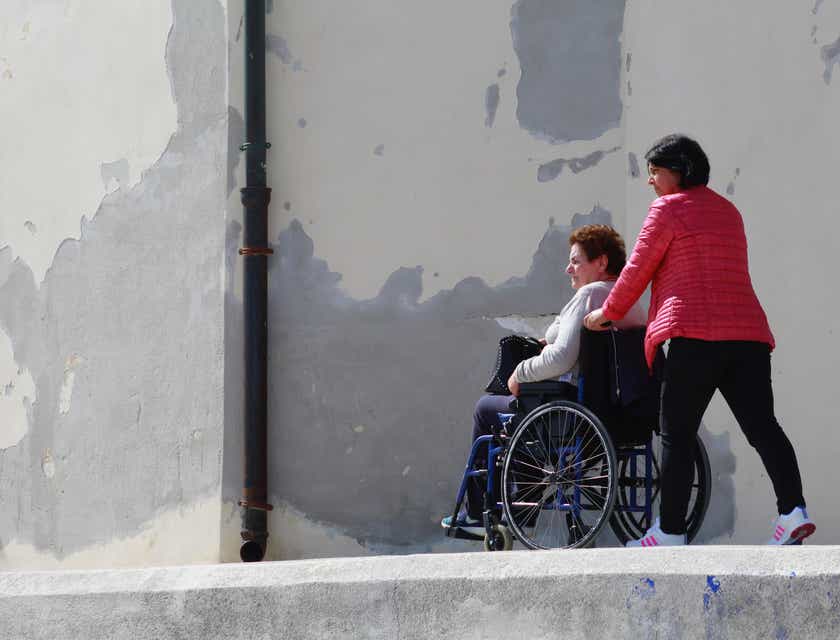Thanksgiving week brings Americans together, regardless of religious beliefs, to give thanks for all that we have been given. One of the benefits for American seniors is receiving health care insurance, regardless of your previous medical conditions and financial ability to pay. All American seniors receive Medicare health insurance at age 65 and very low-income seniors receive Medicaid health insurance.
As the new healthcare law has become a political issue, with many of the pundits tossing around hot sound bites to grab attention, we wanted to take a moment to note something that is a good thing for everyone, in this new healthcare law, called the Patient Protection and Affordable Care Act.
Medicare fraud has resulted in $6 billion dollars – a staggering amount. Partly because some of the programs simply were not created with enough checks and balances and efficient administration and partly because the good ol’ lobbying firms made sure there was enough fat in some of the laws to give them ample reimbursements.
For instance, Medicare home health care visits by Registered Nurses received an extra $2,000 on the 10th visit. Does it cost $2,000 more to send a R.N. to a senior’s home for the 10th visit? No. Actually, as the visits increase, the staffing becomes easier as everyone has been trained and knows the services expected. Usually companies give a discount for more visits or more of anything – we all are familiar with frequency discounts. An annual magazine subscription costs much less per month than purchasing 1 magazine at the news stand. Why would Medicare do reimbursements differently than the private sector? It just takes a little lobbying money to get that type of thing accomplished.
The Wall Street Journal investigated some of the reimbursements that were happening and it turns out one public company, Amedisys, made sure all of their R.N. visits to senior’s homes happened just 10 times – – darndest thing that all their senior clients needed exactly 10 visits. Amedisys and other home health care companies who were taking advantage of Medicare simply were tapping into what is called “accidental fraud” in that they were sort of creating more services that were needed but being overly paid according to a fancy reimbursement system that had been created for the companies to profit generously.
The Senate Finance Committee launched an investigation into Medicare fraud and found $6 billion – although it is estimated that the number is even higher than this.
Amedisys, LHC Group, Gentiva Health Services and Almost Family were the 4 companies receiving the most scrutiny for manipulating care in order to get higher reimbursement rates. Home health care companies should not be confused with private duty senior care services. Here is the difference:
Home Health Care Companies: provide “skilled” care professionals to visit a senior’s home, reimbursed under Medicare, as long as the services are for rehabilitation and the senior will show improvements. Skilled professionals include Registered Nurse (R.N.), Physical Therapist (P.T.), Speech Therapist (S.T.), Occupational Therapist (O.T.), Certified Nursing Aide (C.N.A.). Visits are considered “short” – usually less than 2 hours – simply long enough to perform the necessary skilled services.
Private Duty Senior Care Companies (Senior Home Caregiving Services): Professional Companion Caregivers, Certified Nursing Aides (C.N.A.’s) or Certified Home Health Aides in a few states such as New Jersey, where this designation was created (C.H.H.A.). Hourly and Live-in care services are provided assisting with Activities of Daily Living (ADL’s) such as bathing, personal care, dressing, meals, exercises, housekeeping and errands.
Private duty senior care services are privately paid by the senior and their families. Thus, there is no fraud. Some states require special licensing for these companies and unlike a direct-hire caregiver, they also must provide liability insurance and worker’s compensation insurance and pay for all the caregiver’s payroll taxes.
The new healthcare law has set-up new reimbursements and requirements for Medicare home health agencies, including a requirement that seniors pay a small amount of co-payment for the home health visits. If the senior must pay a portion of the service, even a very small portion, this will make sure the senior is aware if a Medicare agency is dragging out the services longer to make more money and aware if they are being billed for services which are not performed.
The Obama Administration has also provided Medicare with an additional $200 million to fight fraud as part of its stimulus package.
This is a good thing – stopping $6 billion in Medicare fraud will benefit the deficit and well, we can’t know how this money would be spent if it weren’t wasted, but eliminating it can only help.
We wish Google were running Medicare – chances are that they would create an innovative technology to be applied to track services and bill in real-time – and totally eliminate all fraud and make sure more money is going towards actual senior care.
As advocates for quality senior care, we think it is worth reminding everyone about this very positive part of the new healthcare law. Be sure to report any senior care fraud you encounter to the Officer of the Inspector General.







